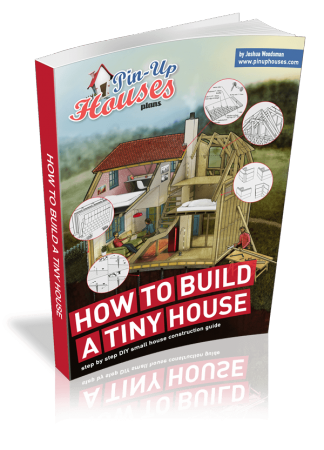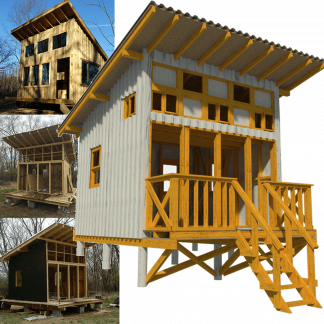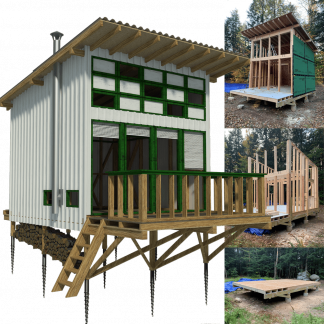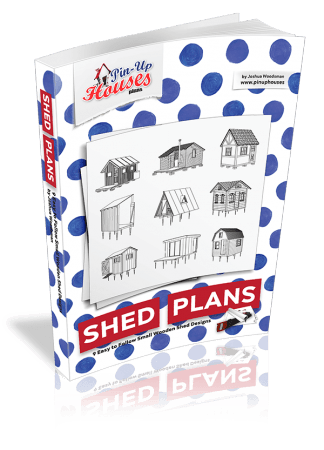There can be little doubt that embarking on your own house build – or even a smaller project which involves simply adding an outbuilding to your property – can be a very rewarding experience. There’s no need to stop once you have acquired the necessary skills to build a structure from a plan, however. These skills are in demand from other would-be builders and homeowners. That’s one reason why so many self-builders go on to create businesses that allow them to carry on doing what they love for others. Getting any new business off the ground can be a challenge, though. What are the most important steps when starting out?
Build a Professional Website
The first thing you need to do when setting up any new business is to get it seen. The simplest way of doing this is to create your own website, a digital home where you refer would-be clients to. Take advantage of a user-friendly website builder which has all the design tools you will need without requiring you to hire a professional graphic designer. Such builders should also handle all of the technicalities that come with website design, for example, ensuring that the site can be just as easily viewed on a smartphone screen as it would be on a desktop device. To begin with, you need to figure out what to say on the site. Start with what the business is about, who it is for and what makes your approach to small construction projects different from others your potential customers might choose. Finally, ensure your contact details are prominent so that people know where to turn next when they want to discuss the plans for their projects.
Adopt a Clear Pricing Strategy
When you build for a living, you cannot always price everything exactly. The costs of materials change and some projects take longer than expected due to weather and other issues. However, customers want to know what they’re spending their money on. All profitable businesses in the construction sector, big and small, have a fair way of pricing that means customers can trust them. Make sure all your quotations, for example, have breakdowns so clients know how much of their spend is going on materials. This will allow them to adjust their budgets accordingly. It makes sense not to be too secretive about pricing which tends to make customers wary.
Consider a Niche Market
Why not research a market niche that you want to specialize in. For some, a garden shed specialization will make sense because that’s the sort of self-build projects they’ve done before. Others might want to focus on working with certain materials, eco-builds or cabins. Whichever specialism you think works best for you, consider your market area, too, because too much travel will eat into your time and profits.
Conclusion
There is plenty to consider if you want to turn a hobby into a thriving business but doing so can be enormously rewarding, both from a lifestyle perspective and financially. When it comes to turning DIY construction projects into a profession, remember that you probably know as much, if not, more than already established builders, so don’t hold back!








